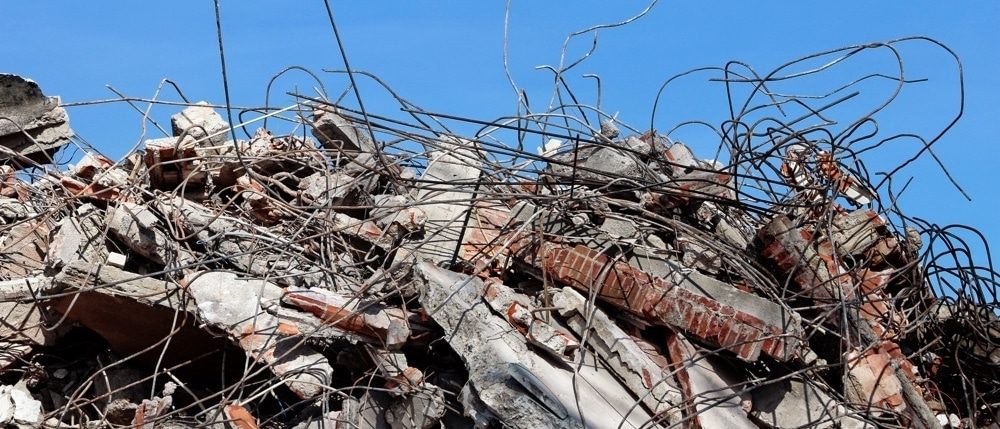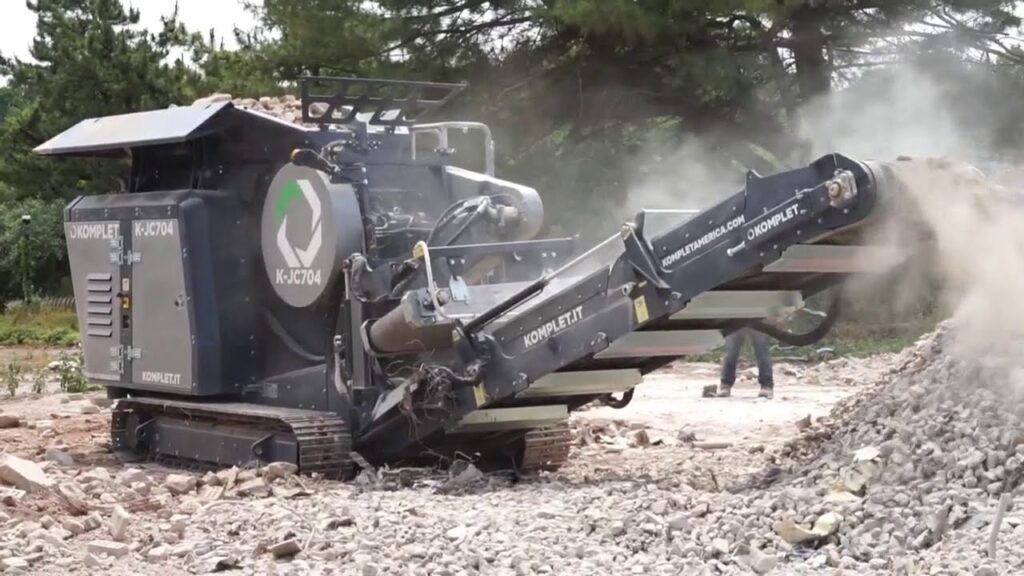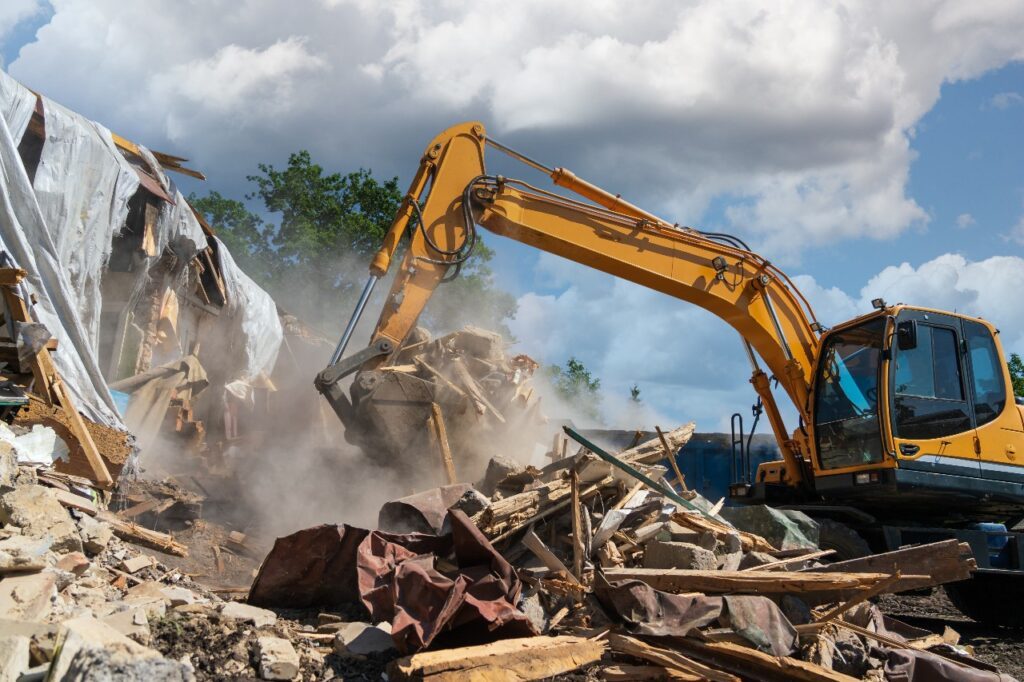In today’s world, reducing our environmental impact is a top priority. Recycling waste is a crucial step towards a more sustainable future, but did you know it can also be a profitable endeavour?
This blog post will explore innovative ways to generate revenue from recycling waste, transforming what was once considered trash into valuable resources.
Rethinking Waste as a Commodity
Traditionally, waste has been viewed as a cost – something to be disposed of efficiently. However, a shift in perspective is underway. Many materials we discard hold inherent value.
Recyclables like paper, plastic, and metal can be processed into new products, creating a demand for these materials.
By understanding the value of different recyclables and implementing smart collection and processing strategies, individuals and businesses can unlock new revenue streams.
Maximizing Revenue Through Effective Recycling Programs
Here are some key strategies to maximize revenue from your recycling program:
- Know Your Recyclables: Research the types of materials accepted in your local recycling program and educate yourself on their market value.
Certain materials, like aluminium cans, typically fetch a higher price per ton than mixed paper. Understanding these variations can help you prioritize collection efforts.
- Cleanliness is Key: Contamination is the enemy of profitable recycling. Encourage proper sorting at the source to minimize contamination.
This means keeping food residue off paper products and separating different plastic types. Clean, uncontaminated recyclables command a higher price from processors.
- Volume Matters: Recycling processors often offer better prices for larger quantities. Consider partnering with neighbours or local businesses to consolidate your recyclables before selling them.
This approach can be particularly beneficial for high-value materials like aluminium or certain types of plastic.
- Embrace Innovation: New technologies are constantly emerging in the recycling industry. Explore options like densification equipment that compresses recyclables into smaller bales, reducing transportation costs and increasing your profit margin.

Beyond Traditional Recycling: Exploring Alternative Revenue Streams
While traditional recycling programs offer a solid foundation, there are additional ways to generate revenue from waste:
- Upcycling: Upcycling involves transforming discarded materials into new, higher-value products. This could involve turning old tyres into playground equipment or repurposing glass bottles into decorative items.
With creativity and skill, upcycling can be a lucrative way to breathe new life into waste.
- Composting: Food scraps and yard waste can be composted into a nutrient-rich soil amendment. This organic fertilizer can be sold to gardeners and landscapers, creating a valuable product from what would otherwise decompose in landfills.
- Waste-to-Energy Programs: Certain types of waste can be converted into usable energy through processes like incineration or anaerobic digestion.
While these methods require specialized facilities, the resulting electricity or biogas can be sold back to the grid, generating revenue from waste that cannot be traditionally recycled.
Considerations and Challenges
Before embarking on a revenue-generating recycling venture, it’s important to consider some key factors:
- Market Fluctuations: The value of recyclable materials can fluctuate depending on global market conditions. Staying informed about these fluctuations will help you determine the best time to sell your materials.
- Logistics and Infrastructure: Effective collection, sorting, and processing of recyclables require proper infrastructure and logistical planning.
The feasibility of certain revenue streams may depend on your access to processing facilities and efficient transportation options.
- Regulations and Permits: There may be local regulations governing the collection, transportation, and processing of certain types of waste. Familiarize yourself with any necessary permits or licenses before starting your revenue-generating recycling program.

Conclusion
Turning waste into a source of income requires a shift in mindset and a commitment to responsible resource management.
By implementing effective recycling practices, exploring innovative approaches like upcycling and composting, and staying informed about market trends, individuals and businesses can unlock the hidden value in waste, contributing to a more sustainable and profitable future.
Remember, even small-scale efforts can make a big difference. Start by educating yourself and your community about the importance of proper waste sorting and responsible recycling.
As more people embrace this sustainable approach, the potential to generate revenue from waste will only grow. Let’s turn trash into treasure, one recycled item at a time!
